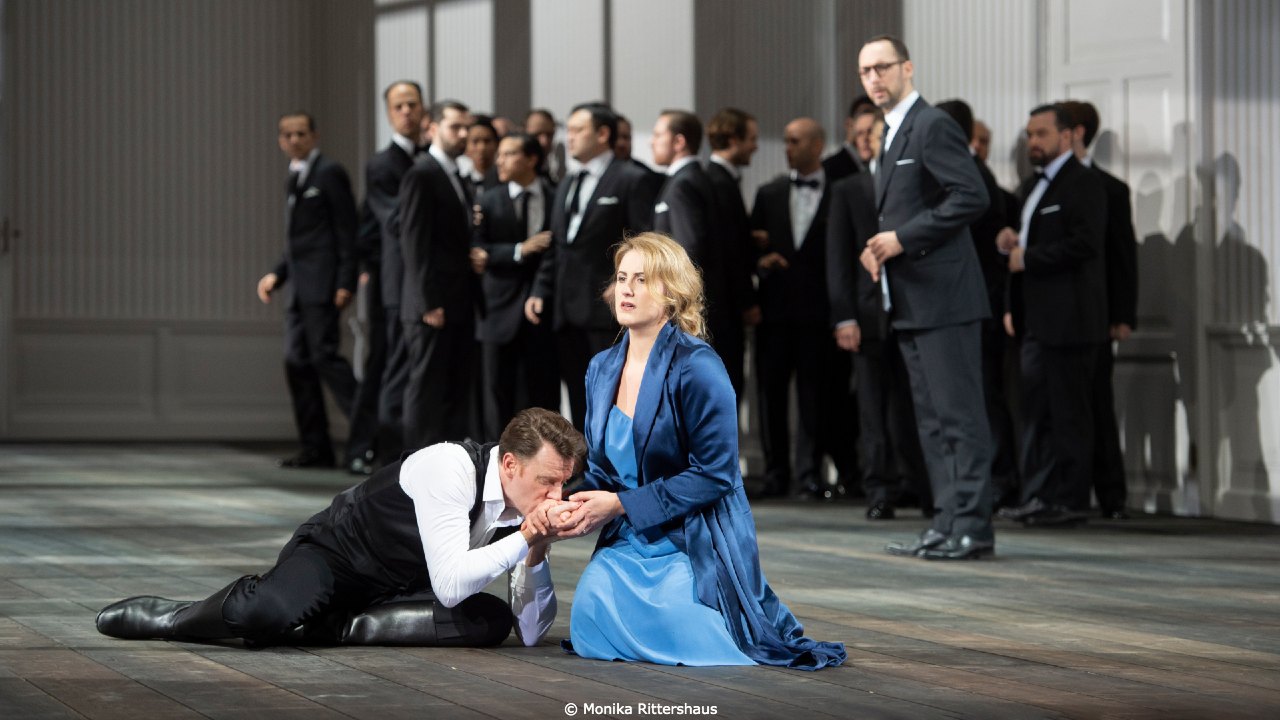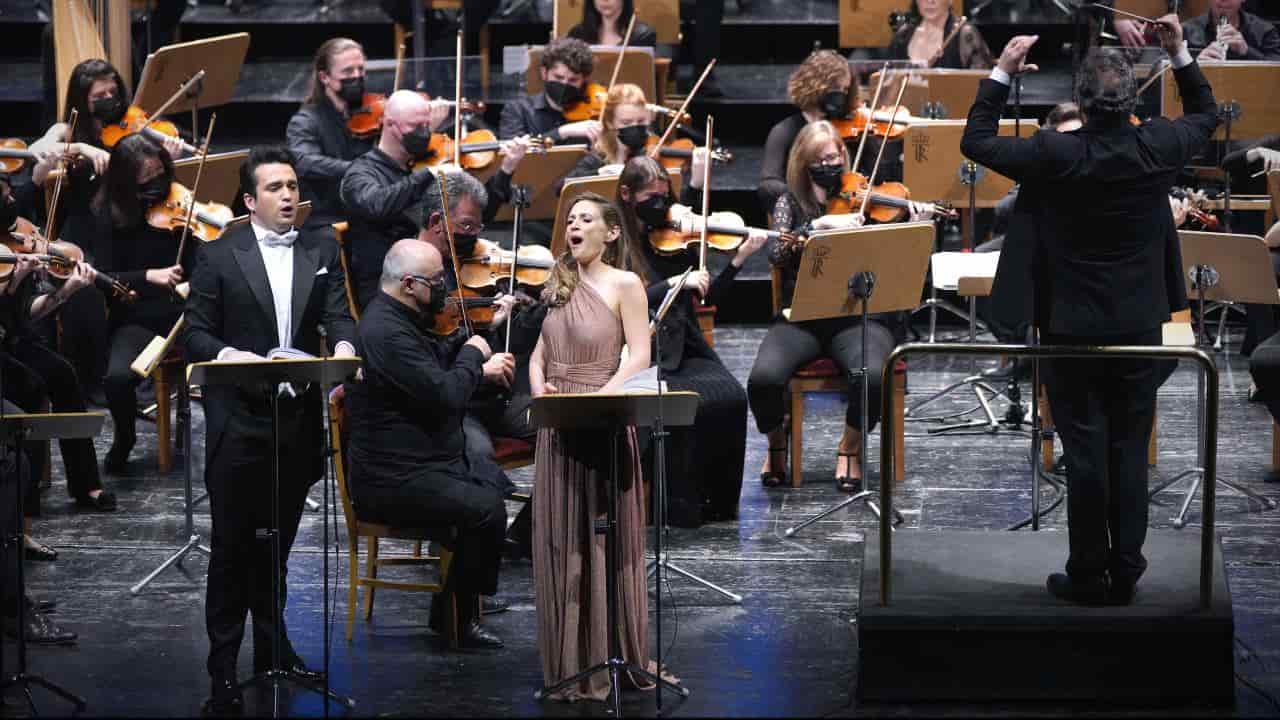The quintessential Polish national opera will surprise more than a few with the finesse of its dramatic and musical language, essential qualities to bring to fruition the universal theme - the repudiation of the mother with illegitimate children - which we know in all its rawness through the myth of Medea but which Moniuszko brings closer, more than half a century in advance, to Jenůfa's realistic and compassionate universe.
A "national" opera - though not "nationalist" in the broad sense of the term - Halka occupies in its country the seminal position occupied by The Poacher in Germany, Life for the Tsar in Russia, Hunyadi László in Hungary or The Bartered Bride in the Czech Republic. Written when Poland was under Russian rule, Moniuszko rose through it as the musical hero - with Chopin's permission - of an oppressed land. Its protagonist - the peasant girl Halka - acquires her tragic stature through her explicit identification with the Polish people - achieved through the popular inflection of her singing - and through the poignant images with which the librettist and composer framed her fragile figure in this essential work of Central European Romanticism.
With the support of the Embassy of the Polish Republic in Spain, the Polish Cultural Institute, Polish Investment & Trade Agency, Polish National Foundation & ADAMED
Opera in four acts
Music by Stanisław Moniuszko (1819-1872)
Libretto by Włodzimierz Wolski, based on a tale by Kasimierz Wójcicki
Version premiered at Teatr Wielki in Warsaw on January 1, 1858
Premiere at the Teatro Real
In concert version
Principal Chorus and Orchestra of Teatro Real
Artistic team
Conductor | Łukasz Borowicz
Chorus master | José Luis Basso
Cast
Stolnik | Maxim Kuzmin-Karavaev
Dziemba | Tomasz Kumiega
Janusz | Tomasz Konieczny
Zofia | Olga Syniakova
Halka | Corinne Winters
Jontek | Piotr Beczała
El gaitero | Javier Povedano



